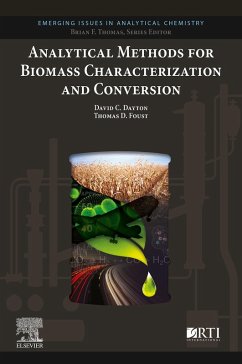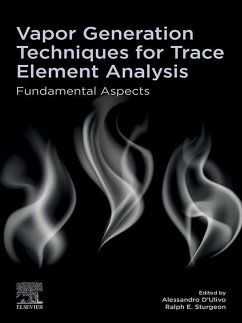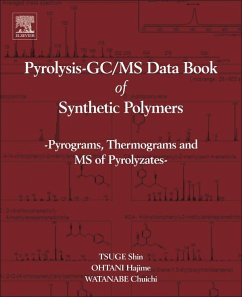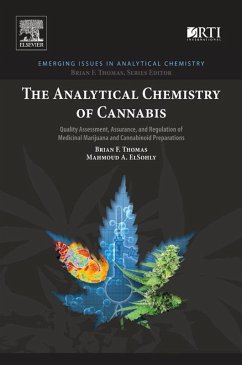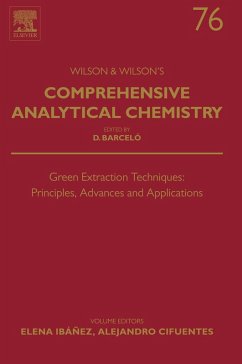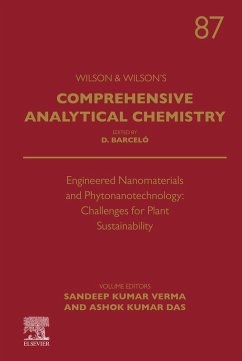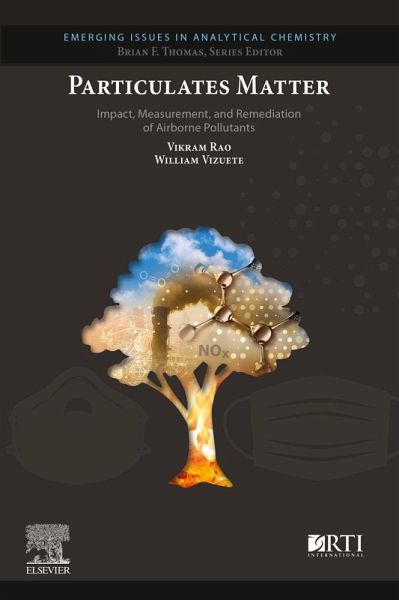
Particulates Matter (eBook, ePUB)
Impact, Measurement, and Remediation of Airborne Pollutants
Versandkostenfrei!
Sofort per Download lieferbar
86,95 €
inkl. MwSt.
Weitere Ausgaben:

PAYBACK Punkte
43 °P sammeln!
A title in the Emerging Issues in Analytical Chemistry series, Particulates Matter: Impact, Measurement, and Remediation of Airborne Pollutants provides the latest technical findings in the study of particulate matter (PM). It links these findings to awareness-raising and actionable schemes for legislated remediation and engineered solutions. Written in an engaging and informative manner, the book begins with a multi-disciplinary overview of the major sources and unique classes of PM, detection techniques, and their impact, including molecular changes resulting in health effects. It then goes ...
A title in the Emerging Issues in Analytical Chemistry series, Particulates Matter: Impact, Measurement, and Remediation of Airborne Pollutants provides the latest technical findings in the study of particulate matter (PM). It links these findings to awareness-raising and actionable schemes for legislated remediation and engineered solutions. Written in an engaging and informative manner, the book begins with a multi-disciplinary overview of the major sources and unique classes of PM, detection techniques, and their impact, including molecular changes resulting in health effects. It then goes one step further by proposing and examining the means to curtail and contain PM generation and ameliorate their impacts. Particulates Matter: Impact, Measurement, and Remediation of Airborne Pollutants offers a high-quality reference guide to PM that will greatly benefit technology leaders in environmental compliance groups, epidemiologists and other public health professionals focused on pollution and health, and researchers and scholars working in pollution, climate change, and urbanization. It may also be useful to advanced undergraduate and early graduate students in environmental sciences. - Includes a summary of the current knowledge on nanoparticles as pollutants and their negative health effects - Provides a framework for the evolution and maturation of air pollution characterization and mitigation - Describes an integrated set of engineered solutions that account for the concatenated relationships between technology, policy, and society necessary for long-term success
Dieser Download kann aus rechtlichen Gründen nur mit Rechnungsadresse in A, B, BG, CY, CZ, D, DK, EW, E, FIN, F, GR, HR, H, IRL, I, LT, L, LR, M, NL, PL, P, R, S, SLO, SK ausgeliefert werden.




